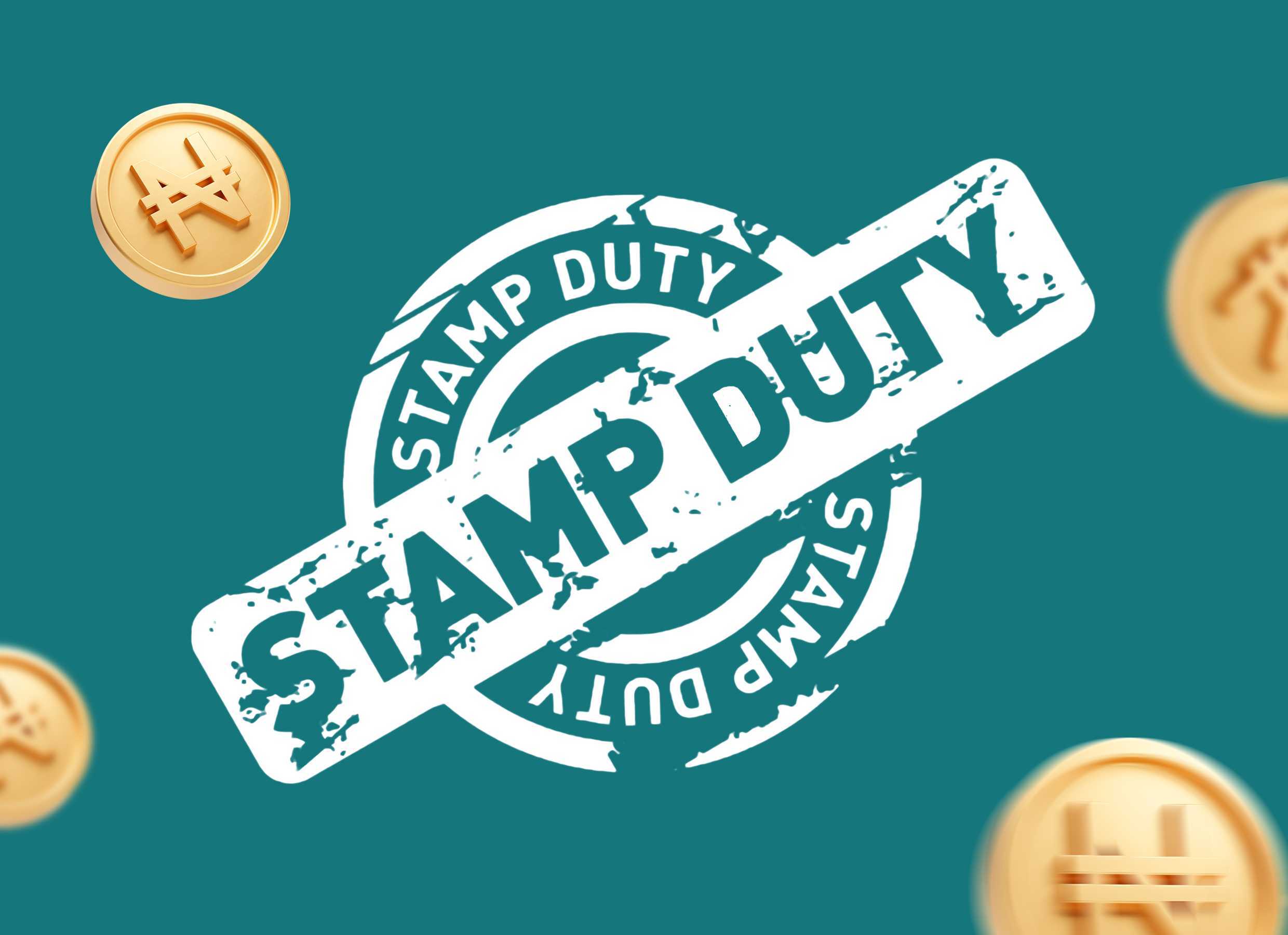Navigating the Legal Waters: Key Considerations When Buying Commercial Property

Are you wanting to take the plunge into the world of commercial property investment in Australia? If so, it’s crucial to approach this venture with a healthy mix of inquisitiveness, detail and forward-thinking. Commercial property transactions are a complex dance of documents, regulations, and negotiations, so let’s explore the main legal considerations so that you can dive in knowing what to expect.
1. Due Diligence: Investigate like Sherlock
The starting point is due diligence, the detective work of property acquisition. Investigate titles, zoning, environmental reports, and any financial baggage the property might carry (think encumbrances or caveats). Attention to detail is crucial here – if there is legal due diligence to be done, make sure you have an experienced firm on your side.
2. Contract Crafting: It’s More than Just a Handshake
Imagine the contract of sale as your property commitment blueprint. It’s more than just a casual agreement; it’s legally binding. Ensure every detail is spelled out clearly, from price to terms, like a well-organised business plan. This is where you should think about any special requests you might have (think option rights, conditions precedent to settlement and specific access rights to the property prior to settlement).
3. Inspections: X-Rays for Buildings
Inspect the property inside and out. Structural, pest, environmental inspections – check them all. Make sure you’re across the property’s physical health, not just its curb appeal.
4. Funds, Funds, Funds
Before you sign on the dotted line, you need to know how you’re going to pay for your new commercial asset. Financing is a big part of the equation; make sure you are across the details of the loan, including the fine print, and make sure you use brokers or lenders experienced with commercial assets to get the most competitive rates and structures.
5. The Leasing Lowdown
If the property you’re buying is occupied by tenants, you’ll be stepping into pre-existing leases. Make sure your lawyer goes over those leases with a fine-tooth comb to ensure you’re across what your rights and obligations will be after settlement, including relating to rental and options to renew.
6. Taxed, in more ways than one
Don’t forget the taxman, because he won’t forget you. Property taxes, land tax, council rates, and, if applicable, Goods and Services Tax (GST). Know what you’re getting into before you sign the contract to ensure it’s structured correctly and to ensure you’ll have sufficient funds available for your various tax liabilities.
7. Zoning Zen: Is your Dream Legal?
Make sure your property’s zoning aligns with your commercial ambitions. Check if there are any zoning restrictions that could put a damper on your dreams.
8. Environmental Enigma
Is your new property an eco-friendly haven or a potential environmental nightmare? Be aware of risks relating to potential contamination and environmental compliance, especially if you’ve got specific plans for the land. Remediation might be on the horizon.
9. Red Tape: The Bureaucratic Ballet
Obtaining regulatory approvals, permits, and licenses can feel like a bureaucratic maze. Just remember, it’s all part of the process. Don’t be discouraged by the red tape; instead, take it step by step and make sure you’re aware of all the requirements and are prepared to follow them diligently.
10. Developer Dreams
Do you intend to develop the property? If so, be aware of the costs and delays involved, as well as any potential development restrictions. You can get creative with your lawyer to discuss ways to minimise your legal risks, including by having an extended settlement period and having settlement conditional upon getting satisfactory development approval, if there are key approvals you need to obtain to make the project viable.
11. Don’t forget duty
Stamp duty (now called transfer duty) is the final frontier of taxation when buying property; the added tax at the finish line. Make sure you’re across when these obligations arise, particularly if you are entering into an option deed or are being assigned the right to purchase the property, as these can be unexpected duty events.
12. Conveyancing: Your Trusty Guide
To navigate this legal labyrinth successfully, you’ll need a trusty guide, also known as a conveyancer or solicitor. They’re the ones who’ll help you with all the legalese, legal due diligence, contract negotiations and will oversee everything from exchange to settlement. Make sure you use a firm experienced in commercial property transactions so that they can help guide you through the various aspects of the transaction.
13. Budget for Legal Fees: A Wise Investment
Budgeting for legal fees is like making a wise investment in your property venture. Don’t cut corners when it comes to professional legal advice; your budget should reflect the importance of securing your investment.
14. Insurance: Shielding Your Investment
Be sure to arrange suitable coverage for your new property before settlement.
15. Ongoing Obligations
Once you’ve acquired the property, your story doesn’t end. You’ll need to stay compliant with all laws and regulations, manage leases, and maintain your property.
–
As you can see, purchasing commercial property in Australia is a multi-faceted endeavour that requires diligence and a solid understanding of the legal aspects. Consider this your initial introduction to the world of commercial property, and remember, a knowledgeable and experienced legal professional is your most valuable partner in this journey.
Good luck in your commercial property adventure!



